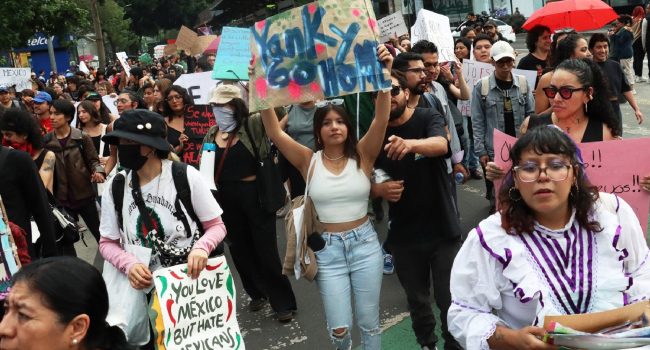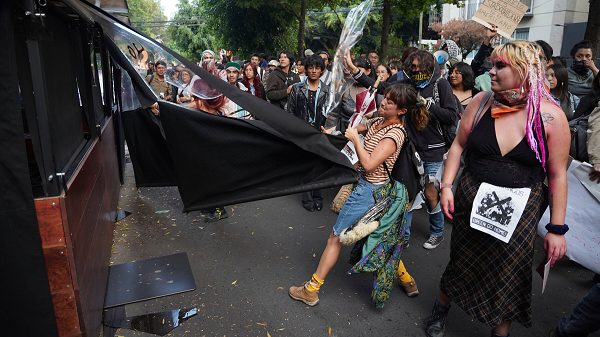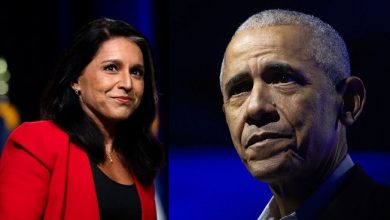Protests Erupt in Mexico City Over Rising Property Prices Ahead of 2026 World Cup
Mexico City residents protest rising house prices linked to 2026 World Cup preparations.
Locals fear losing homes as rents soar and developers chase tourists, not communities.
Residents of Mexico City have once again taken to the streets in protest against soaring real estate prices, which they attribute to property speculation linked to the upcoming 2026 FIFA World Cup.


Demonstrators gathered in central parts of the capital to voice frustration over what they describe as aggressive gentrification and displacement, as developers and investors prepare for an expected tourism and construction boom ahead of the global football event.
With Mexico set to co-host the 2026 World Cup alongside the United States and Canada, several neighborhoods near slated stadiums and major infrastructure zones have already seen rapid increases in housing prices and rent.
Local advocacy groups claim that low-income families are being priced out of their homes, while landlords and developers are focusing on short-term rentals and luxury developments catering to foreign visitors.
“People are being evicted, rents are rising overnight, and entire communities are under threat, all in the name of the World Cup,” said one protest organizer during a march on Sunday.
Mexico City’s authorities have acknowledged the challenges but have not introduced specific policies to curb speculation. Critics argue that without immediate intervention, the World Cup may worsen housing inequality in one of Latin America’s most populous urban centers.
In recent months, activists have staged sit-ins and employed social media campaigns to advocate for rent control measures, protections against forced evictions, and limits on Airbnb-style short-term leases in vulnerable neighborhoods.
The 2026 World Cup will feature matches hosted in three Mexican cities: Mexico City, Guadalajara, and Monterrey, with significant investments expected to pour into the transportation, tourism, and hospitality sectors. While the tournament is expected to bring economic benefits, community leaders warn that these must not come at the cost of local livelihoods.
More protests are expected in the coming weeks as tensions continue to rise ahead of major renovation projects tied to the global football showcase.



